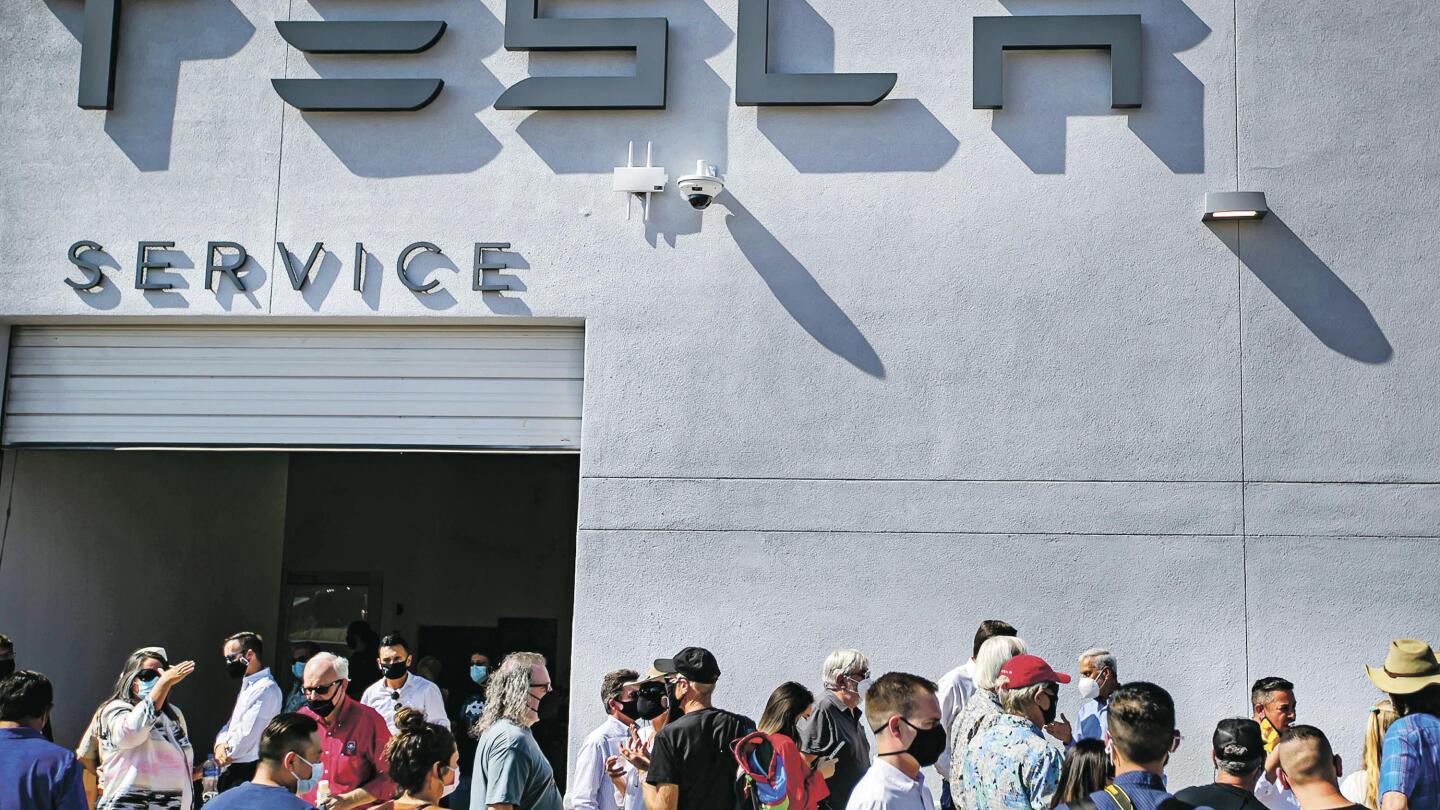Uncle Paul
Well-Known Member
Tesla has their path.
They are the fiesty new kid on the block, and are making waves.
Plan A is to establish a official showroom in each state that will allow it.
Plan B is to sell through the internet or nearby states to make ordering legal and efficient.
Since they have little political power established, it might take a while getting approved in every state.
When significant numbers of customers are forced to go outside their state, and the states themselves loose millions of dollars of taxes from their policies, the doors will open, and Tesla will be welcomed in, and the current obstructive dealership political pressure groups will be told to pound sand.
People have learned to dispise the traditional dealership model, where the sales team does everything possible to extract every dollar they can from their car buyers. The do not treat everyone the same, tend to discriminate against poor, female and minority buyers that need transportation, but can be charged higher interest rates, worthless add on services (undercoating, paint treatment, cheap alarms etc.
Tesla will untimately win this battle, but the struggle will be significant.
The current system is very corrupt, and it will take a while for it to be cleaned up.
They are the fiesty new kid on the block, and are making waves.
Plan A is to establish a official showroom in each state that will allow it.
Plan B is to sell through the internet or nearby states to make ordering legal and efficient.
Since they have little political power established, it might take a while getting approved in every state.
When significant numbers of customers are forced to go outside their state, and the states themselves loose millions of dollars of taxes from their policies, the doors will open, and Tesla will be welcomed in, and the current obstructive dealership political pressure groups will be told to pound sand.
People have learned to dispise the traditional dealership model, where the sales team does everything possible to extract every dollar they can from their car buyers. The do not treat everyone the same, tend to discriminate against poor, female and minority buyers that need transportation, but can be charged higher interest rates, worthless add on services (undercoating, paint treatment, cheap alarms etc.
Tesla will untimately win this battle, but the struggle will be significant.
The current system is very corrupt, and it will take a while for it to be cleaned up.



